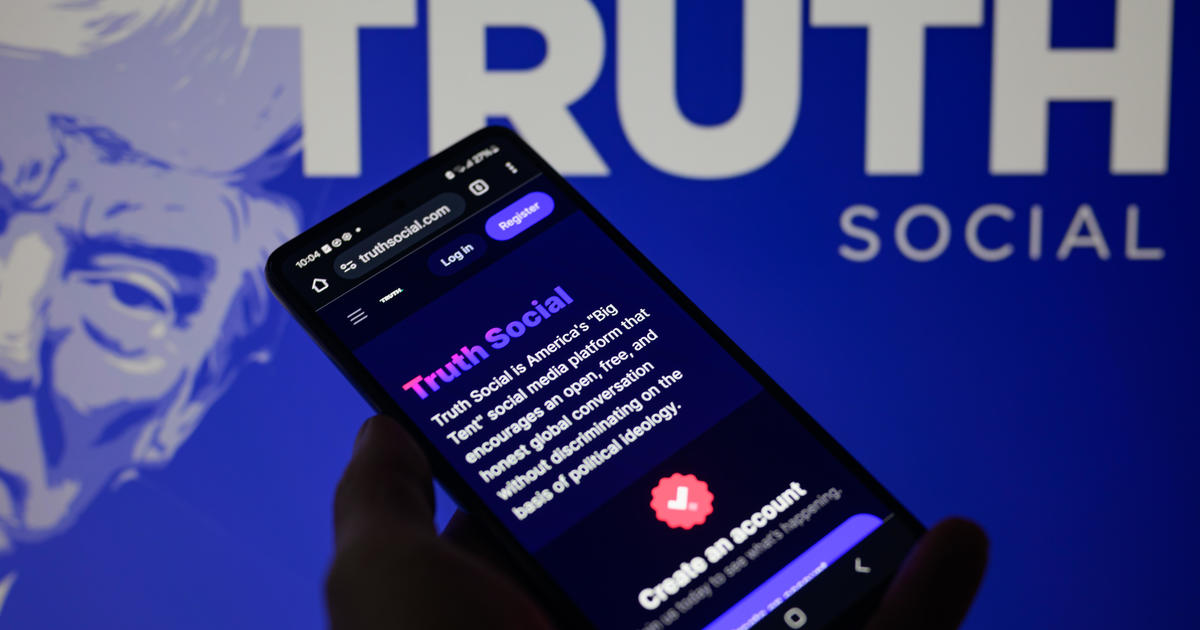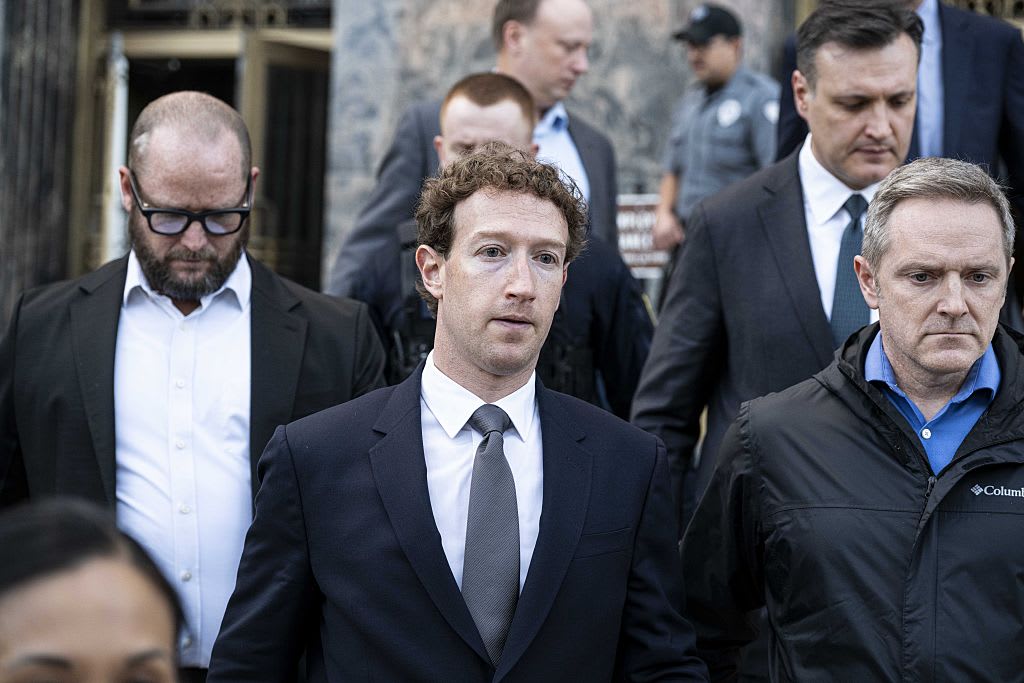Facebook parent company urged keep minors out of metaverse
The metaverse is no place for kids, according to a group of more than 70 advocates for children's rights and online privacy. Those concerned are asking Facebook's parent company, Meta, to abandon its plans to attract young teens onto its Horizon Worlds metaverse platform because, they say, doing so will likely expose minors to sexually explicit and homophobic content.
Top executives at the Center for Digital Democracy, the Center for Countering Digital Hate, Fairplay and other organizations sent a letter to Meta CEO Mark Zuckerberg on Friday arguing that allowing minors onto Horizon would also expose them to bullying.
The letter comes one month after a Wall Street Journal article revealed that Meta aims to draw kids ages 13-17 onto the platform where users interact with each other. Currently the app only allows players 18 and older.
"Meta is demonstrating once again that it doesn't consider the best interest of young people when it develops plans to expand its business operations," Katharina Kopp, deputy director for the Center for Digital Democracy, said in a statement. "Before it considers opening its Horizon Worlds metaverse operation to teens, it should first commit to fully exploring the potential consequences."
Meta vowed Friday to make sure minors aren't exposed to explicit material while on Horizon Worlds.
"Before we make Horizon Worlds available to teens, we will have additional protections and tools in place to help provide age-appropriate experiences for them," a company spokesperson told CBS News. "Quest headsets are for people 13+ and we encourage parents and caretakers to use our parental supervision tools, including managing access to apps, to help ensure safe experiences."
Some users as young as 15 are already on Horizon Worlds and they have been exposed to racist insults and misogynistic language, advocates wrote, while pointing to a CCDH study published last month. Researchers from the study recorded interactions from 100 of Horizon Worlds' most populated spaces and found that minors occupy 66 of those VR worlds. In one interaction inside a virtual courtroom, a user noticed a minor with a Black avatar was told "you're Black, you're sentenced to death, get out of here."
Horizon Worlds is Meta's free social app where users don an Oculus headset, dive into a virtual reality environment, explore different spaces and interact with other users in real time. Meta launched it in December 2021, sparking a race with other tech companies to assert dominance in the metaverse market. So far, Meta has spent — and lost — billions of dollars in its effort to rule virtual spaces.
"Potential life-long users"
"Getting teens to use the platform is essential to Meta's bottom line because they are potential life-long users, and their presence and support can make the platform seem trendy," advocates wrote in their letter to Zuckerberg. "But what may be good for your bottom line may be incredibly harmful to young people."
Meta, which also owns Instagram, has been called out in the past for how teenagers use its platforms. Company documents show that Meta is aware of negative effects Instagram has on the self-image of many young users, particularly for teenage girls, but still gives them access, the Journal reported in 2021.
- Meta cracks down on 'revenge porn' targeting teenagers
- Kids in Crisis: Mental health in teenage girls
- Teens turning to TikTok for mental health advice are self-diagnosing
"Meta is making the same mistake with Horizon Worlds that it made with Facebook and Instagram," Imran Ahmed, CEO of the Center for Countering Digital Hate, said in a statement. "They have prioritized profit over safety in their design of the product, failed to provide meaningful transparency, and refused to take responsibility for ensuring worlds are safe, especially for children."
Meta officials are now focused on opening Horizon Worlds specifically to 13 to 17-year-olds in an effort to improve user retention on the platform, the Journal reported, citing an internal memo from the tech giant. Meta hopes to increase the retention rate to 20%, up from the 11% the platform saw in January, according to the memo.



